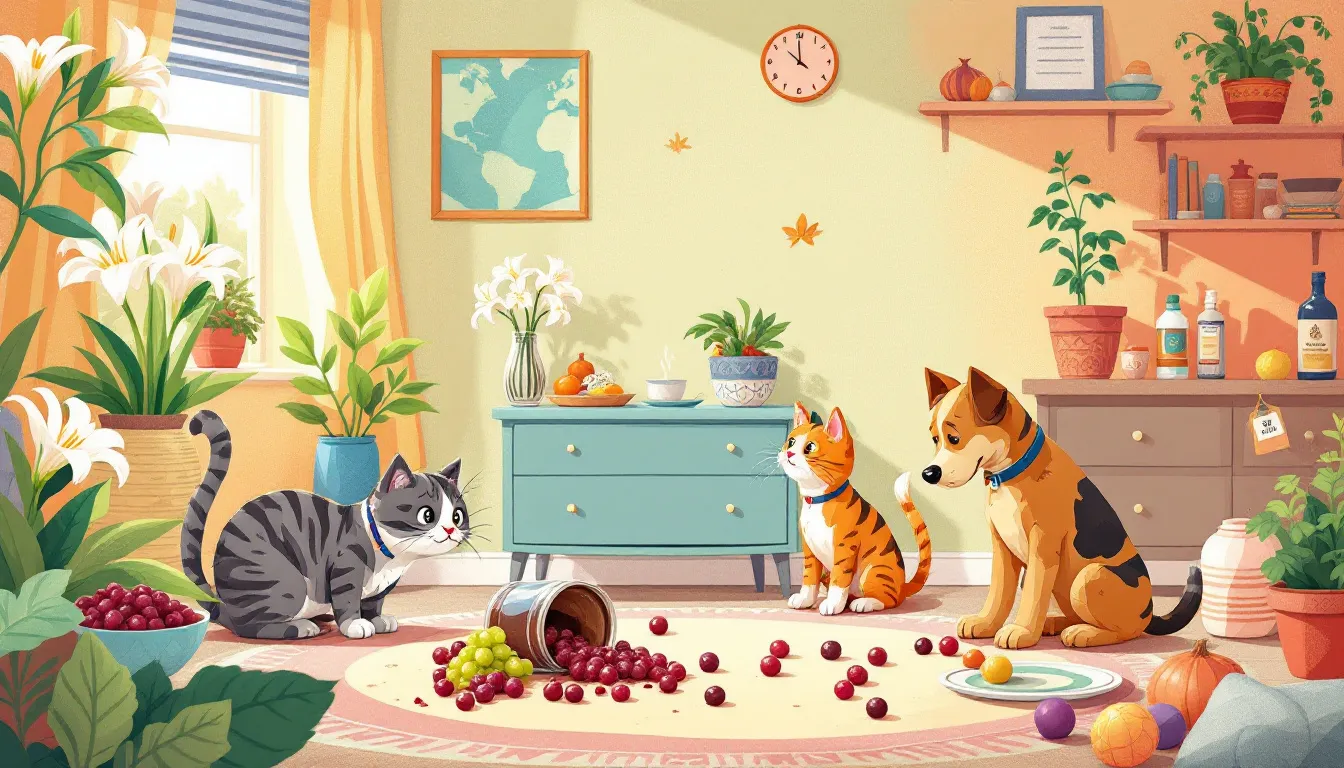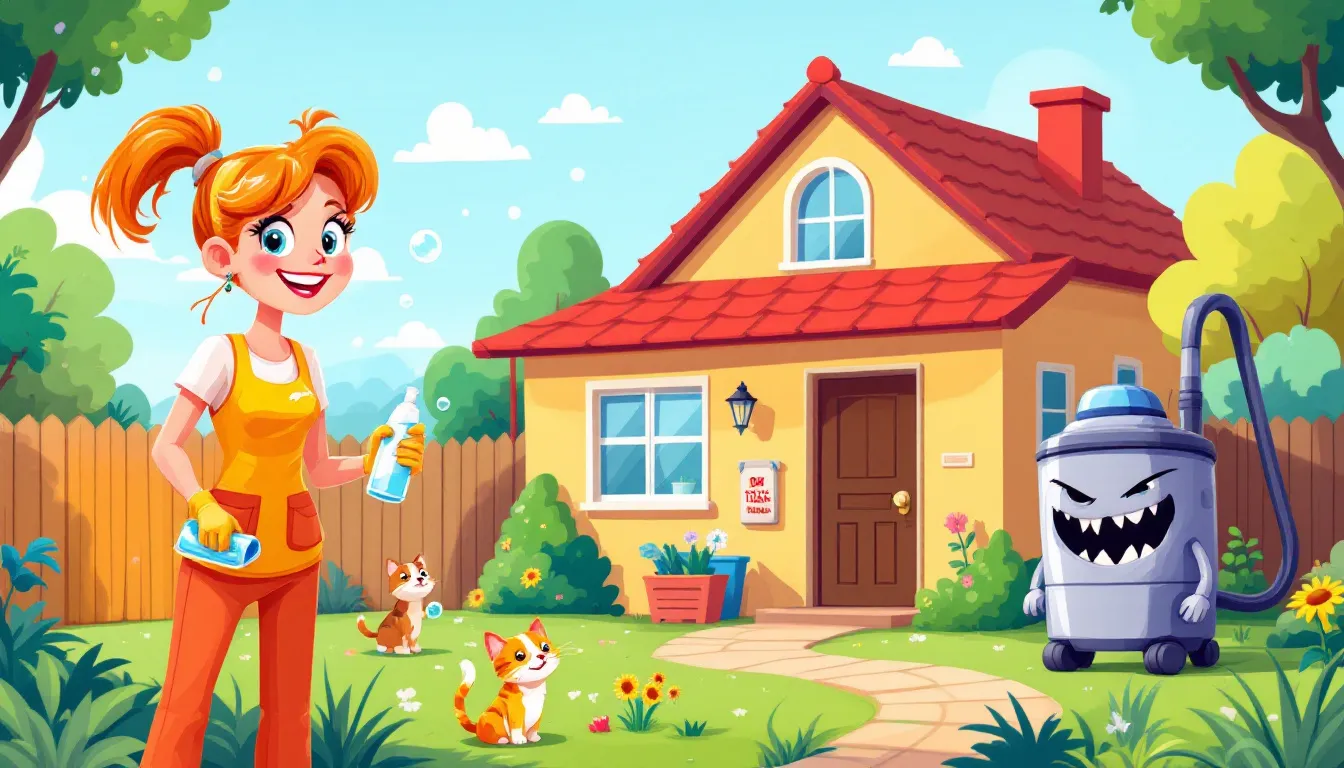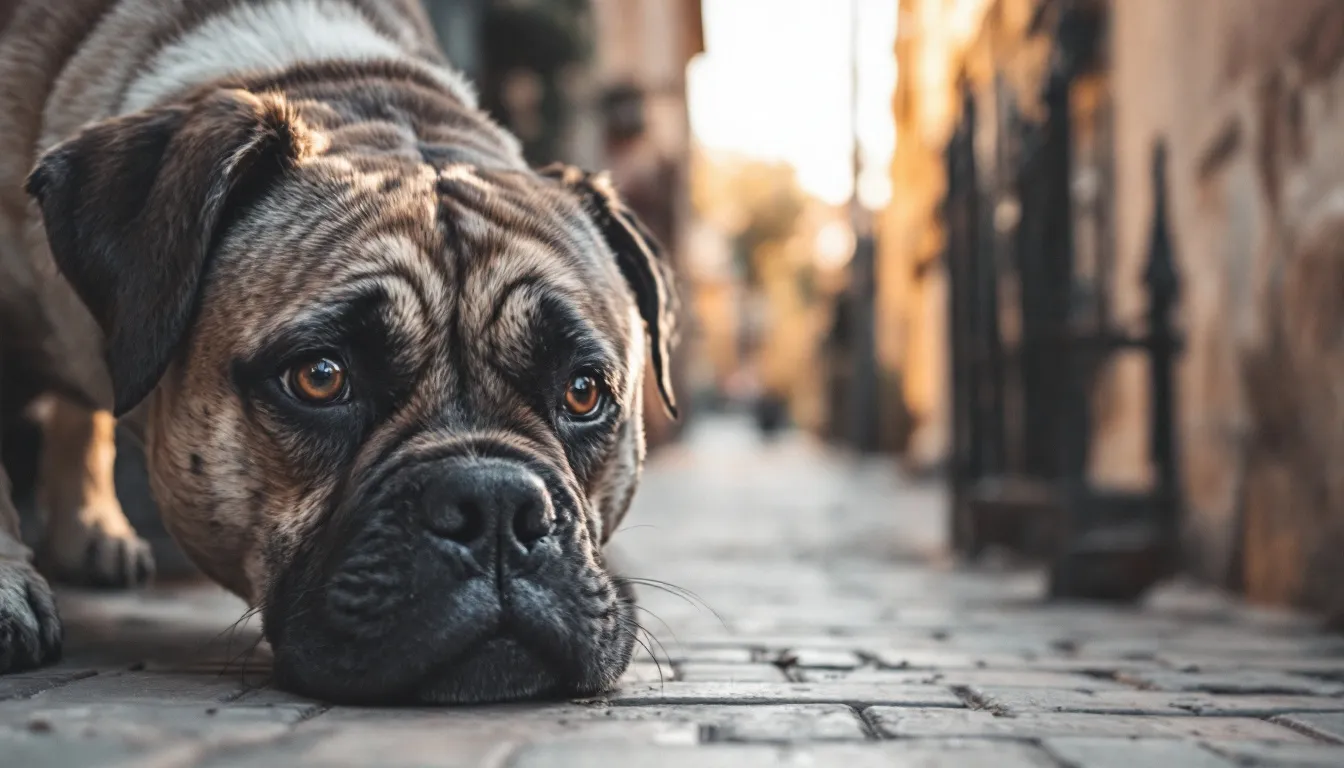Common household items that are dangerous for pets can be found in many homes, and it’s important to know what they are to keep them safe. This article covers everyday hazards and offers tips on preventing accidents at home.
Key Takeaways
-
Keep over-the-counter and prescription medications securely stored, as they are highly toxic to pets.
-
Identify and remove toxic human foods, plants, and common household items to prevent accidental poisoning.
-
Ensure all potentially dangerous items, such as cleaning supplies and holiday decorations, are stored safely out of pets’ reach.
Over-the-Counter Medications
Nearly half of pet poisoning cases involve human medications. Over-the-counter (OTC) medications are highly toxic to pets, leading to severe health issues like organ failure or serious gastrointestinal distress. Even small amounts can be dangerous due to rapid absorption. Keep all medications, including herbal supplements, out of reach of curious paws.
Store OTC medications in locked cabinets or high cupboards to prevent accidents. Never leave them on countertops or in easily accessible places. If you suspect your pet has ingested any medication, contact the ASPCA hotline at (888)-426-4435 immediately.
Securing everyday household items and storing potentially dangerous items safely can significantly prevent accidental poisoning. Vigilance and proper storage are key to keeping your pets safe from human medications.
Human Prescription Medications
Human prescription medications are another significant cause of pet poisoning. Medications like cold medicines and certain vitamins can lead to toxicity if ingested, causing severe reactions such as organ damage and gastrointestinal issues. Even containers and packaging can attract curious pets.
Store prescription medications out of pets’ reach by placing them in locked cabinets or high places. Even small doses can have serious consequences, so vigilance is crucial.
If your pet ingests any human prescription medication, seek medical care immediately. Quick action can significantly impact the outcome, potentially saving your pet’s life.
Toxic Human Foods

Many human foods are toxic to pets and can be deadly even in small amounts. Common toxic foods include chocolate, garlic, grapes, raisins, onions, macadamia nuts, and xylitol. Theobromine in chocolate is particularly harmful, with even small amounts of cocoa powder or dark chocolate causing a medical emergency.
Keep toxic foods out of pets’ reach by securing them in the pantry or refrigerator and avoiding feeding table scraps. Raw bread dough and cooked bones should also never be fed to pets, as they can cause severe health issues.
Many food items can be harmful if left within pets’ reach. Higher cacao percentages in chocolate pose greater dangers. Always be cautious about where you place food items.
Recognizing toxic foods and taking preventive measures can help avoid dangerous situations. If your pet consumes any toxic foods, contact your vet immediately for guidance.
Household Cleaners

Household cleaners pose common hazards to pets. Cleaners like bleach and detergents can cause gastrointestinal irritation and even death if ingested. Harmful ingredients such as benzalkonium chloride and formaldehyde in these products make them toxic household items.
Store cleaning products in locked cabinets or high cupboards to ensure pet safety. Avoid using strongly scented cleaners around pet food and water bowls. Always check labels for safety warnings regarding toxicity.
Pets can be exposed to toxic household products by licking contaminated fur or paws. Symptoms may include vomiting, diarrhea, and severe reactions. Always err on the side of caution with household cleaners.
Plants and Flowers

Many common plants and flowers are toxic to pets. Lilies, for instance, can lead to kidney failure or gastrointestinal upset. Other toxic plants include azaleas, sago palms, daffodils, and tulips. During the holiday season, plants like holly and poinsettias pose additional risks.
Choose pet-friendly plants and always check the ASPCA list for safe options. Even tiny amounts of toxic plants can cause severe health issues. Ensure your home environment is safe for your pet parents’ furry friends.
If you suspect your pet has ingested a toxic plant, contact your veterinarian immediately. Prompt action can prevent serious health complications and even death.
Rodenticides and Pesticides

Rodenticides and pesticides, designed to kill pests, can be severely toxic to pets. These products often contain appealing ingredients like peanut butter and grains, making them attractive to pets. Ingesting rodenticides can lead to severe health issues such as internal bleeding, liver failure, and death, often with delayed symptoms. If a pet eats these substances, the consequences can be dire.
Use bait stations to make rodenticides inaccessible to pets while targeting rodents. Safely dispose of unused rodenticides to prevent accidental exposure to pets and wildlife.
Consider seeking professional help for pest control instead of using rodenticides, especially if you have pets. If your pet ingests rodenticides or pesticides, contact your veterinarian immediately for medical care.
Alcoholic Beverages
Alcoholic beverages like beer, wine, and liquor are particularly harmful to pets. Ingesting alcohol can lead to severe health issues, including gastrointestinal irritation, low blood sugar, temporary blindness, coma, or even death. Pets that consume alcohol may suffer from ethanol poisoning, resulting in disorientation and loss of coordination.
Always keep alcohol out of pets’ reach to keep them safe. If your pet ingests any alcoholic beverages, contact your vet immediately. Prompt action can prevent serious health complications.
Essential Oils
Essential oils, though beneficial for humans, can be dangerous to pets. These oils can be rapidly absorbed through the skin or inhaled, leading to liver failure or respiratory issues. Certain essential oils can cause severe health problems, including liver failure and respiratory distress.
Pets can also experience skin burns if essential oils come into direct contact with their skin or fur. Store essential oils safely to avoid exposure and potential poisoning. Use extreme care when diffusing essential oils, ensuring pets are not in the same room.
If your pet shows signs of distress after exposure to essential oils, seek veterinary care immediately. Proper handling and storage can prevent these dangerous situations.
Batteries and Magnets
Batteries and magnets are common household items that pose severe risks to pets. Ingesting batteries can cause significant damage to a pet’s gastrointestinal tract, including burns and blockages. Neodymium magnets are particularly dangerous, causing serious internal injuries if ingested.
Store batteries and magnets securely out of pets’ reach to prevent accidents. Using child safety locks on cabinets effectively ensures these items are stored safely.
Christmas Tree Ornaments
Holiday decorations, while festive, can pose significant risks to pets. Tinsel, garlands, and angel hair can lead to serious gastrointestinal blockages if ingested. Low-hanging glass ornaments can shatter if knocked off, posing risks of injury from sharp shards. Real Christmas trees can also be unsafe due to the potential ingestion of sharp pine needles.
To keep pets safe during the holiday season, place decorations out of their reach. Consider using pet-safe alternatives to traditional decorations. Child safety locks can help keep pets away from Christmas trees and other holiday hazards.
Summary
In summary, many common household items can pose significant risks to pets. From medications to holiday decorations, being aware of these dangers and taking preventive measures is crucial. Always store potentially dangerous items out of reach, and seek professional advice when necessary.
By taking these steps, you can create a safer environment for your pets and ensure their well-being. Remember, a little precaution goes a long way in keeping your furry friends safe and healthy.
Frequently Asked Questions
What should I do if my pet ingests an over-the-counter medication?
Act quickly and contact the ASPCA hotline at (888)-426-4435 if you suspect your pet has ingested an over-the-counter medication. Your prompt action can make all the difference in ensuring their safety!
Are all human foods dangerous to pets?
Not all human foods are dangerous to pets, but it's crucial to be cautious since items like chocolate, grapes, and onions can be toxic. Always verify the safety of a food before sharing it with your furry friend!
How can I make my household cleaners safe for pets?
To ensure your household cleaners are safe for pets, store them out of reach in locked cabinets and choose products with non-toxic labels. By doing this, you create a healthier environment that keeps your furry friends safe and happy!
What plants are safe for pets?
Many plants are safe for pets, such as spider plants, Boston ferns, and bamboo palms. Always check the ASPCA’s list of non-toxic plants before introducing any new greenery to your home!
What should I do if my pet ingests rodenticides or pesticides?
Your top priority should be to contact your veterinarian immediately if your pet ingests rodenticides or pesticides. Quick action can make all the difference in ensuring your pet's health and safety!


